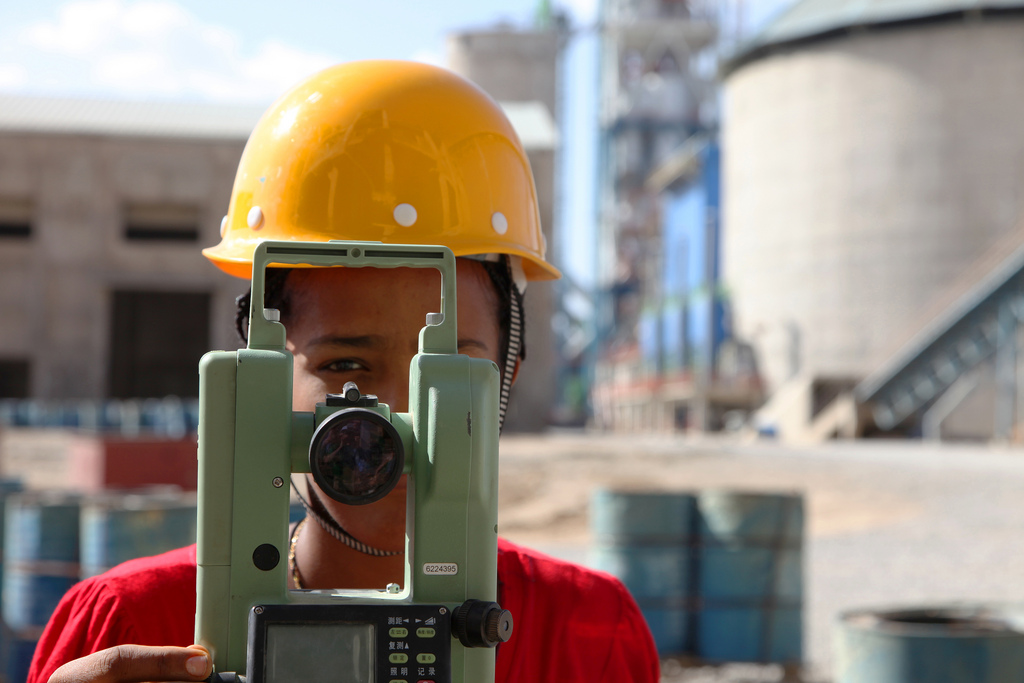According to a report published by the Department of Industry, Innovation, Science, Research and Tertiary Education, there were 1 026 900 independent contractors in 2011 in Australia. The highest percentage (32.2%) of them worked in construction and building industry. The statistics also show that nearly half of all independent contractors worked 35 hours, or less a week.
The following list includes the step-by-step guide how to start a small contractor business in construction and building industry, but it can be applied to other occupational groups, as well.
Register a Business Name
If you are trading under your personal name, you do not need to register a business name. Otherwise, you should first check whether your business name is available. Search through the business names register and the company and other registers on the Australian Securities and Investments Commission (ASIC) Connect website. Go through the list of restricted words and expressions. Register your name online on the ASIC Connect homepage. Finally, protect your name by applying for a trade mark at Intellectual Property Australia.

Understand Tax Obligations
Independent contractors need to have a Tax File Number (TFN) issued by the Australian Taxation Office (ATO). In addition, if you deal with other businesses, you need to have an Australian Business Number (ABN), as well. You must register for Goods and Services Tax (GST) if you have a GST turnover of $75 000 or more. Since there are various tests to help you determine whether Personal Services Income (PSI) rules apply to the income you earned, you should contact the ATO. Finally, depending on the state and territory payroll tax laws, you may need to pay Payroll tax and PAYG instalments.
Combination of Services
Building and construction industry can offer a range of services to their hirers. For example, demolition of residential, commercial or industrial buildings is a usual project in this field. Bear in mind that you as an independent contractor have two options. “Either purchase the right demolition equipment, or subcontract this work to others”, say experienced Sydney-based demolition contractors. Other services can include dismantling, excavation, installation, organization of building and construction services, site preparation, repair, maintenance, etc.
Obtain All Necessary Licences
The first thing you can do is to visit the website of the Australian Business and Licence and Information Service to find the licences you need for your industry. The type of licence depends on the federal, state and local governments. You can also visit the National Training Information Service and the Department of Education Employment and Workplace Relations in order to find the information on training services. Finally, contact the Business Enterprise Centre for business workshops and training.

Understand which Type of Insurance you need for your Business
As independent contractors may not be entitled to workers compensation, personal accident and sickness insurance may be useful to small contractor businesses. If you have stuff, you should have worksafe insurance. The different types of property and asset insurance, such as premises insurance, contents and equipment insurance and goods in transit insurance should also be included. Indemnity clauses in contracts and professional indemnity insurance are a normal part of doing business in building and construction industry. Finally, if you are using motor vehicles, include 3rd party personal injury and vehicle insurance, too.
The benefits of contractor business is that you negotiate your fees and working arrangements, you are your own boss and you can maintain a good work/life balance. On the other hand, you do not have employment benefits and you may not be covered under equal opportunity employment laws.



